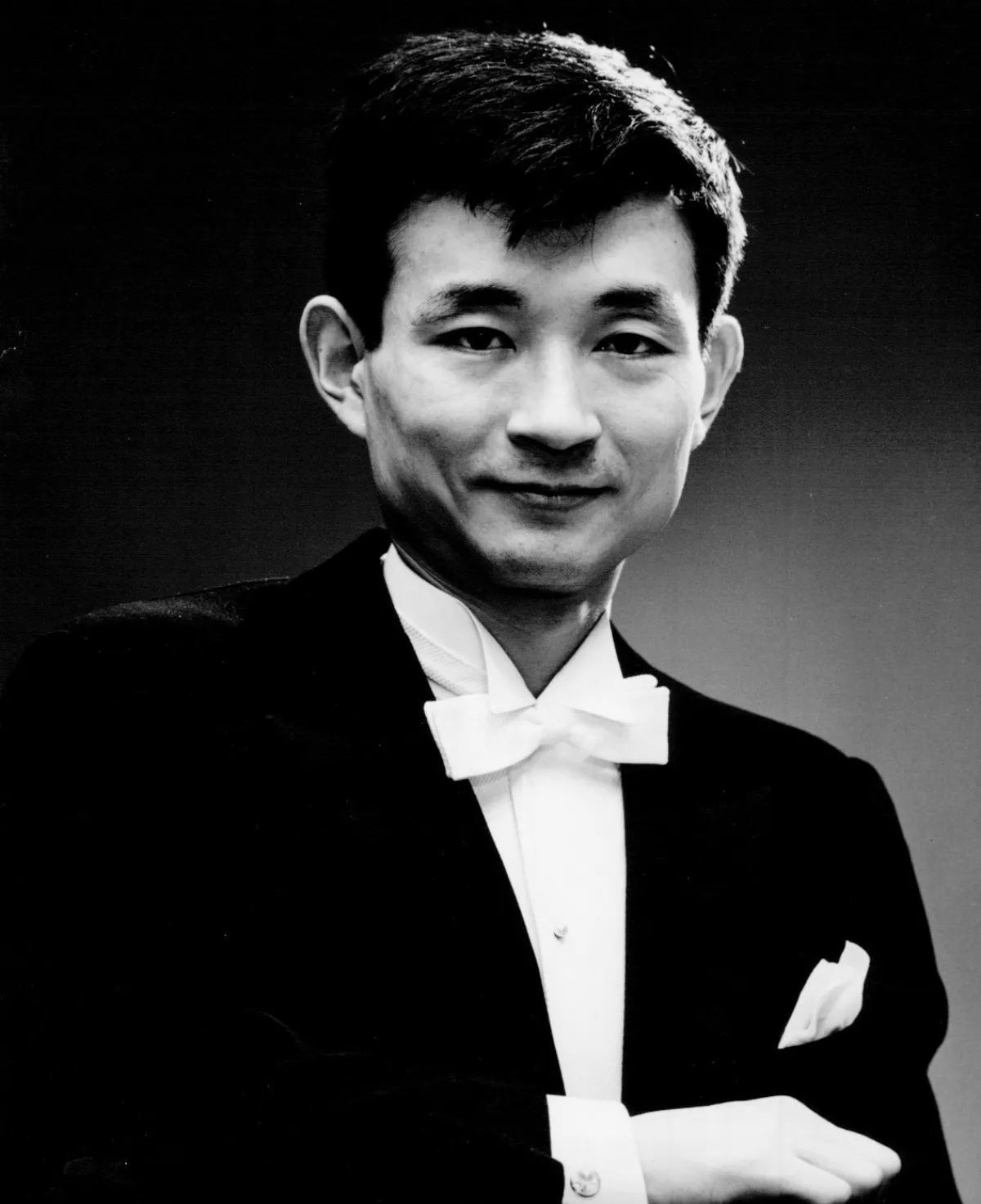 1.
1. Seiji Ozawa was a Japanese conductor known internationally for his work as music director of the Toronto Symphony Orchestra, the San Francisco Symphony, and especially the Boston Symphony Orchestra, where he served from 1973 for 29 years.

 1.
1. Seiji Ozawa was a Japanese conductor known internationally for his work as music director of the Toronto Symphony Orchestra, the San Francisco Symphony, and especially the Boston Symphony Orchestra, where he served from 1973 for 29 years.
Seiji Ozawa was invited by Charles Munch, then the music director of the BSO, for the following year to Tanglewood, the orchestra's summer home, where he studied with Munch and Pierre Monteux.
Seiji Ozawa became artistic director of the festival and education program in Tanglewood in 1970, together with Gunther Schuller.
Seiji Ozawa was the first Japanese conductor recognized internationally and the only one of superstar status.
Seiji Ozawa was born on September 1,1935, to Japanese parents in the Japanese-occupied Manchurian city of Mukden, now known as Shenyang.
Seiji Ozawa studied conducting and composition, achieving first prizes in both fields, and worked with the NHK Symphony Orchestra and the Japan Philharmonic while still a student.
Seiji Ozawa travelled to Europe for further studies; he supported himself by selling Japanese motor scooters.
Seiji Ozawa achieved the first prize at the 1959 International Competition of Orchestra Conductors in Besancon, France, which made him known internationally; Charles Munch, then the music director of the Boston Symphony Orchestra, invited him to attend the Berkshire Music Center the following year to study with Munch and Pierre Monteux.
Shortly after his arrival there, Seiji Ozawa won the Koussevitzky Prize for outstanding student conductor, Tanglewood's highest honor, which earned him a scholarship to study conducting with Herbert von Karajan.
Seiji Ozawa first conducted at Carnegie Hall in 1961 and first conducted the San Francisco Symphony in 1962.
In December 1962 Seiji Ozawa was involved in a controversy with the NHK Symphony Orchestra when some players, unhappy with his style and personality, refused to play under him.
Seiji Ozawa went on to conduct the rival Japan Philharmonic Orchestra instead.
From 1964 until 1968, Seiji Ozawa served as the first music director of the Ravinia Festival, the summer home of the Chicago Symphony Orchestra.
Seiji Ozawa conducted the Vienna Philharmonic first in 1966 at the Salzburg Festival.
Seiji Ozawa made notable recordings with the TSO, including the Symphonie fantastique by Berlioz in 1966, a highly lauded recording by music critics.
Seiji Ozawa was music director of the San Francisco Symphony from 1970 to 1976.
Seiji Ozawa was involved in a 1974 dispute with the San Francisco Symphony's players' committee that denied tenure to the timpanist Elayne Jones and the bassoonist Ryohei Nakagawa, two young musicians Ozawa had selected.
Seiji Ozawa remained in that position for 29 years, the longest tenure of any music director there, surpassing the 25 years held by Serge Koussevitzky.
Seiji Ozawa conducted more world premieres, including works by Ligeti and Toru Takemitsu.
Seiji Ozawa won his first Emmy Award in 1976, for the BSO's PBS television series, Evening at Symphony; in 1994, he was awarded his second Emmy for Individual Achievement in Cultural Programming for Dvorak in Prague: A Celebration.
Seiji Ozawa played a key role as a teacher and administrator at the Tanglewood Music Center, the Boston Symphony Orchestra's summer music home that has programs for young professionals and high school students.
In recognition of his impact on the BSO, Seiji Ozawa was named music director laureate.
On October 24,1974, Seiji Ozawa conducted a Japanese combined orchestra which included the Toho Gakuen School of Music Orchestra and members of the Japan Philharmonic Orchestra with solo cello Tsuyoshi Tsutsumi and solo violist Nobuko Imai in a world-wide telecast from the United Nations building in New York City.
In December 1979, Seiji Ozawa conducted a performance of Beethoven's Ninth Symphony with the Beijing Symphony Orchestra.
Seiji Ozawa made his debut with the Metropolitan Opera in New York City in 1992, conducting Tchaikovsky's Eugene Onegin, in a cast with Mirella Freni as Tatyana.
Seiji Ozawa returned to the house in 2008 with The Queen of Spades, both productions described as passionate and electrifying.
Seiji Ozawa used an unorthodox conducting wardrobe, wearing the traditional formal dress with a white turtleneck instead of the usual starched shirt, waistcoat, and white tie.
In 1998, Seiji Ozawa conducted a simultaneous international performance of Beethoven's Ode to Joy at the opening ceremony of the 1998 Winter Olympics in Nagano, Japan.
On New Year's Day 2002, Seiji Ozawa conducted the Vienna New Year's Concert, the first Japanese in a long tradition.
Seiji Ozawa had conducted at the house before, Verdi's Ernani and Tchaikovsky's Eugene Onegin in 1988, Pique Dame in 1992 and Verdi's Falstaff in 1993, and began his tenure with productions of Janacek's Jenufa and Krenek's Jonny spielt auf.
Seiji Ozawa returned to conducting in March 2007 at the Tokyo Opera Nomori.
Seiji Ozawa stepped down from his post at the Vienna State Opera in 2010, to be succeeded by Franz Welser-Most.
Seiji Ozawa was named an honorary member of the Vienna Philharmonic then.
Seiji Ozawa had three brothers, Katsumi, Toshio, and Mikio, the latter becoming a music writer and radio host in Tokyo.
Seiji Ozawa was married to her from 1968 until his death in 2024.
On January 7,2010, Seiji Ozawa announced that he was canceling all engagements for six months in order to undergo treatments for esophageal cancer.
Seiji Ozawa died of heart failure at his home in Tokyo, on February 6,2024, at the age of 88.
Seiji Ozawa held honorary doctorate degrees from the Sorbonne University, Harvard University, the New England Conservatory of Music, the University of Massachusetts Amherst, National University of Music Bucharest, and Wheaton College.
Seiji Ozawa was a Member of Honour of the International Music Council.